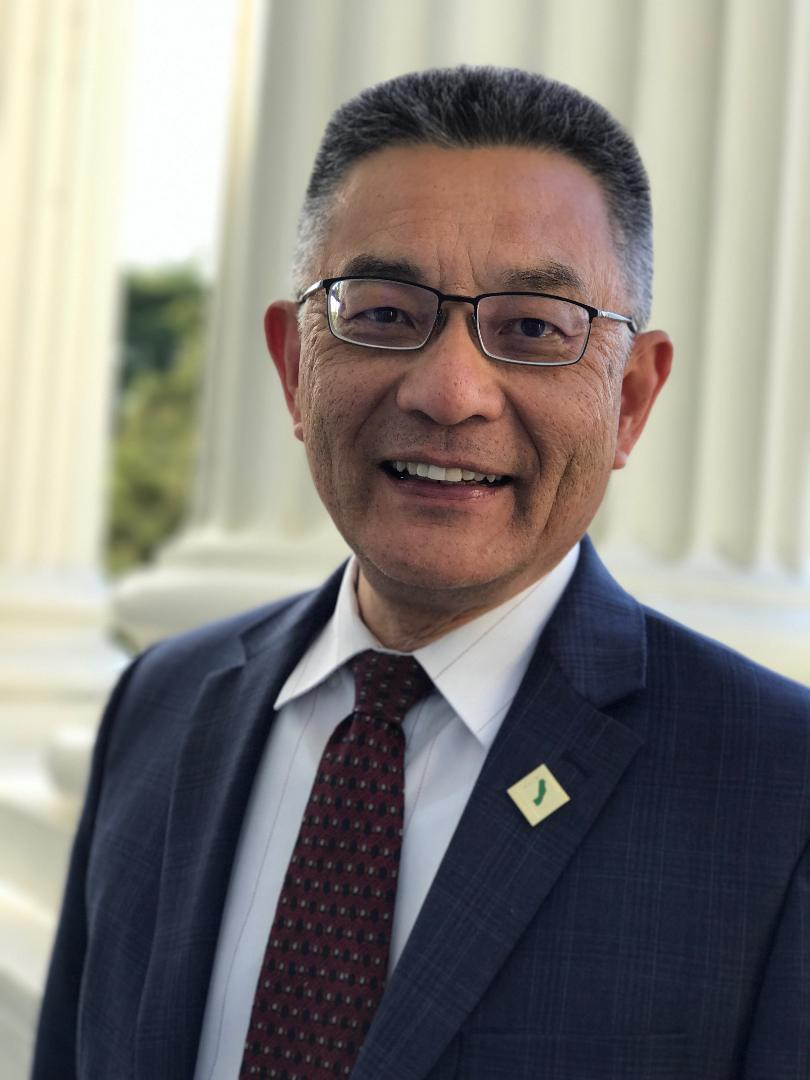Why Civic Engagement Matters
How clean would a community be if residents and businesses didn't take proper care of their trash? How safe would a community be if people didn't report crime and generally obey laws?
Civic engagement happens wherever there are people. Yet, some communities show a higher degree of engagement than others, which leads to fewer intractable problems and a higher quality of life. Where there is inclusive civic engagement, in which everyone has a place at the table to define, direct and implement public services and amenities, there is greater civic pride and responsibility, which then lead to sustained community wellbeing.
Alexis de Tocqueville said in Democracy in America that "the health of a democratic society may be measured by the quality of functions performed by private citizens," and marveled at the ease in which the American people worked together for the common good. Theodore Roosevelt, one of the founders of the National Civic League, called on Americans to "be actors, and not merely critics of others" at our first annual Conference on Good City Government.
It was Roosevelt and about a hundred other civic leaders who came together in 1894 to form what was then known as the National Municipal League, ushering in over 100 years of municipal civic reform to "rescue their communities from the plundering machines which had grown rich, powerful and arrogant."
It was in the 1980's that the National Civic League coined the phrase, "civic infrastructure" and created a civic index to describe and measure the essential elements of community in which everyone has a role in decision-making and public problem-solving. These principles continue to guide our work, namely that, through inclusive civic engagement, the many parts of a community—government, business, residents, nonprofit agencies, faith-based organizations and others—can work together to address public needs and desires. Whether it's economic development, safety, health, environmental quality or other matters, civic leadership and community partnerships can lead to lasting solutions that best represent the values and desires of each particular community.
Few public officials would ever claim that government can build a great community or solve any problem by itself. Anthropologist Margaret Mead once said that we should "never depend upon institutions or government to solve any problem. All social movements are founded by, guided by, motivated and seen through by the passion of individuals." Great communities have at their core, strong, inclusive, civic engagement that capitalizes on the ideas and talents of all members of the community to ensure the common good and create lasting health and prosperity.
Source : https://www.nationalcivicleague.org/why-civic-engagement-matters/
When you subscribe to the blog, we will send you an e-mail when there are new updates on the site so you wouldn't miss them.





